
Gendered Innovation Alliance - Gender dimension for better Health
The Gendered Innovation Alliance is a platform for training, knowledge and experience exchange. Our aim is successful execution for inclusion of concepts of sex, gender and diversity (i.e. gender dimension) as biological and social variables in biomedical research and education to maximize individualized/personalized patient care and endorse the development of gendered innovations.
Gendered Innovations
 Photo: tim mossholder (Unsplash)
Photo: tim mossholder (Unsplash)Fostering Diversity and Innovation in Swedish Education and Science
Unleash Creativity and Inclusivity: Exploring Sex and Gender-Inspired Innovations in Swedish Education and Science. Discover how integrating gender perspectives drives diversity and sparks innovation in academia and scientific research.
Why & How
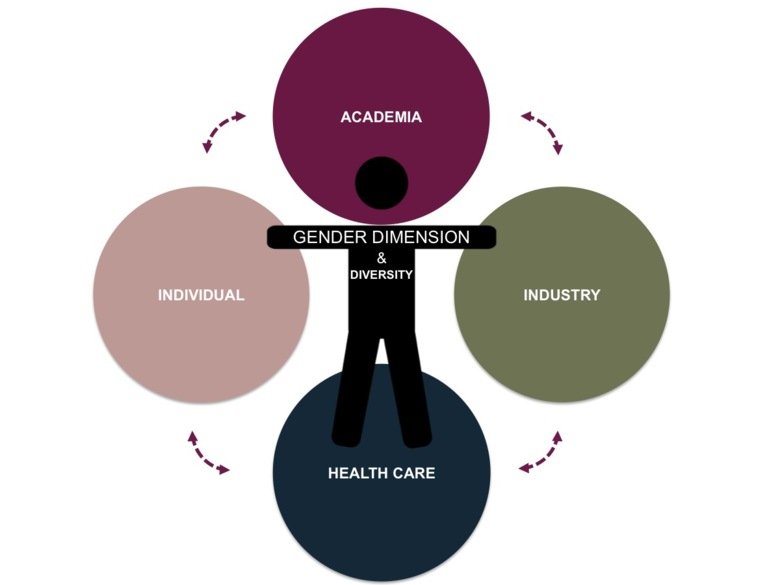 Photo: Erika Tanos
Photo: Erika TanosKI Gendered Innovation Alliance
We imagine a future where the gender dimension, especially in the research content, is the "new normal". Since sex, gender and diversity interconnects all areas of medical preclinical and clinical research, Gendered Innovation Alliance is uniquely set to collaborate broadly across disciplines in strategic partnerships together with the industry, healthcare providers and patient organizations.
 Photo: NIH
Photo: NIHOur Resources Portfolio
The pioneers of KI Gendered Innovation Alliance have over decades gathered and spread know-how of implementing sex, gender & diversity dimensions for better health.
Discover how you can add significant value to biomedical research, education & innovation. Become a change maker!
News

JF seminar: Gender equity in academia
Listen to an insightful seminar with Dr. Malisch as she discuss how the COVID-19 pandemic has reshaped academia and deepened existing inequalities. The shift to remote work, online teaching, and virtual meetings—coupled with increased household and childcare responsibilities—has intensified mental health challenges and reduced time for academic work. What can be done to promote equity in the evolving academic landscape? Dr. Malisch tackles the impacts and potential solutions for a more equitable future in academia.

Diversity Data Collection in Publishing
A joint commitment for action on inclusion and diversity in scholarly publishing has pledged to improve inclusion and diversity in academic publication with and for the research community, benefiting society. Understanding the research community, the diversity of writers, editors, and reviewers will aid in understanding individual publishers as a whole in order to set goals, measure success, and practice responsible publishing.
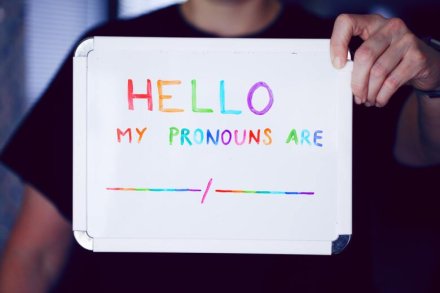
Gender/sex/ual diversity and biobehavioral research
Human biobehavioral research typically supports two binaries: one that essentializes individuals into two sexes and prioritizes maleness over femaleness, and another that divides behavior into two sides, attributing more actuality to one side — nature and sex — than the other — gender, nurture, and culture.
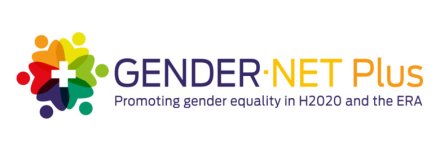
Gender-NET Plus Workshop
Upcoming Event, 16-17 November 2022, Paris France
The GENDER-NET Plus to host the inaugural workshop for the 13 Gender-NET Plus research groups' scientific communities! The workshop will explore and discuss gender and sex-based analysis across themes and disciplines. GENDER-NET Plus researchers may network and learn about gender-aware scientific advances. Leading specialists will guide the courses as guest speakers.

Autistic women have increased risk of mental illness
Autism increases mental disease risk. Few research have shown that autistic women are more susceptible than autistic males. Karolinska Institutet researchers performed a register-based cohort study of over 1.3 million Swedish adults aged 16–24 between 2001 and 2013. 20,000 had autism. By age 25, 77 of 100 autistic women got a psychiatric diagnosis, compared to 62 of 100 autistic males.
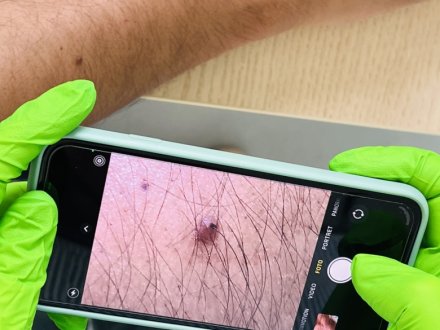
Disparities in dermatology AI performance on a diverse, curated clinical image set
AI may help triage skin disorders and spot cancers. Most AI models have not been tested on diverse skin tones or rare disorders. The first publicly available, expertly managed, and pathologically confirmed photo dataset with varied skin tones is Varied Dermatology Images (DDI). The DDI dataset's dark skin tones and uncommon illnesses constrain current dermatological AI algorithms. Dermatologists categorize AI datasets poorly on photos of dark skin and unusual illnesses. Light and dark skin tones function similarly after DDI image AI model fine-tuning. These findings show derma-tology AI biases and inadequacies that must be addressed for appropriate applicability to varied persons and circumstances.

AI ageism: a critical roadmap for studying age discrimination and exclusion in digitalized societies
In recent years, scholarly interest and actual demonstration of how algorithms may give biased outcomes, especially regarding gender and race, have risen. In examining AI fairness and discrimination, the AI for social good conversation has neglected aging and elderly people. Digitalization and AI have ignored aging and this article aims to address this deficiency by highlighting many theoretical and empirical expressions of ageism in AI.

Sustainability through a gender lens: The extent to which research on UN Sustainable Development Goals includes sex and gender consideration
The Gender Summits and UN Women have shown that all UN Sustainable Development Goals (SDGs) goals must be gender-balanced to benefit women and men equally. Examining previous studies that openly used sex and gender topics revealed that attention to sex and gender subjects is unequal throughout the SDGs. Even when overlap is substantial, important thematic areas of significance to the SDG have no explicit link to sex and gender. This report offers the framework for an evidence-based pathway to integrate sex and gender across all SDGs and measure progress.
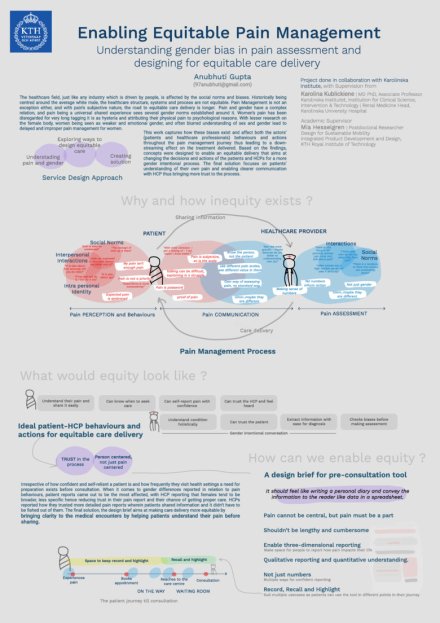
Enabling Equitable Pain Management: Understanding gender bias in pain assessment and designing for equitable care delivery
A KTH master's thesis, by Anubhuti Gupta, captures how biases exist and affect both the actors’ (patients and healthcare professionals (HCPs) behaviours and actions throughout the pain management journey thus leading to a down-streaming effect on the treatment delivered. Based on the findings, new concepts were designed. The thesis was supervised by Karolina Kublickiene.
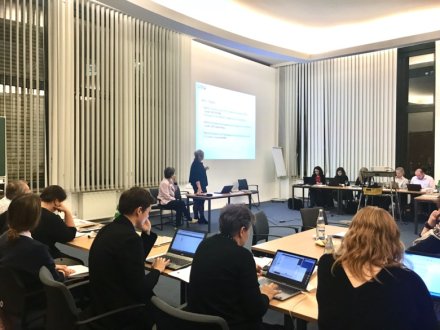
ACT on Gender - project outcomes
Between 2018-2021 KI CLINTEC, department of Renal Medicine and DevReg participated in ACT with the mission to enhance gender expertise and implementation of gender equality plans in European research and innovation. During these years, various resources were produced: explainer videos, a Co-creation Toolkit compiling participatory methods, ACTonBias training, the GEAM Tool and much more. Check out the highlights!
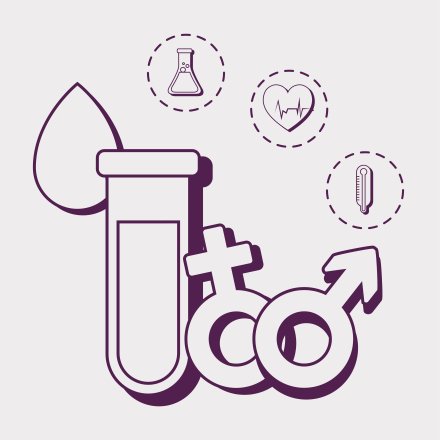
Integrating sex and gender into your research proposal - KI Grants Office
Check out KI Grants Office’s web pages providing information on funders’ requirements relating to the sex-and-gender dimension, as well as resources to help you address it.

Pain, Sex and Death
Webinar by Jeff Mogil, Ph.D., F.R.S.C. McGill University
Pain researchers have now come to some consensus regarding the existence of small quantitative sex differences in the sensitivity to and tolerance of pain in humans. You might be surprised by what they found!
Watch the VIDEO or read the PDF - they are good learning tools.

Videos on gender in mobility, HCI, robotics, and energy
Short, great videos from Technische Universität Wien & the EU-funded GEECCO group. It's possible to use these videos in classes since they include nice intersectional analysis.
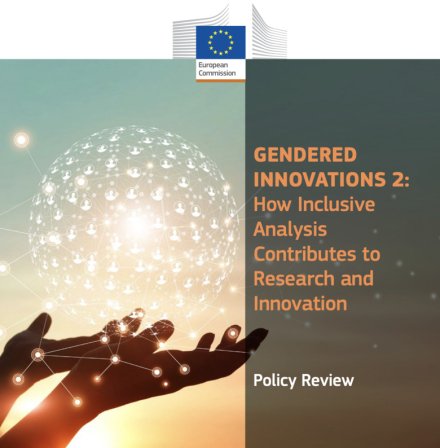
Gendered Innovations 2 - a new Policy Review released by the European Commission!
Two years in the making, it is the result of the work of 24 experts. Read about 15 new case studies - on Chronic Pain, Facial Recognition, Smart Mobility, Marine Science, Virtual Assistants etc and revised methods. Sex, gender, and intersectional analysis enhances all phases of research.
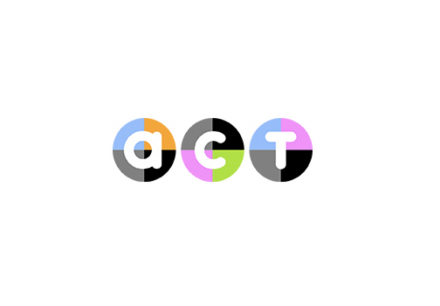
ACT - a Horizon 2020 EU project on gender equality & gender dimension in research
KI, CLINTEC, department of Renal Medicine and DevReg is participating in ACT with the mission to enhance gender expertise and implementation of gender equality plans in European research and innovation. Associated Professor Karolina Kublickiene is the PI from KI.

Articles & publications

Videos & podcasts

Gender & digitalization

